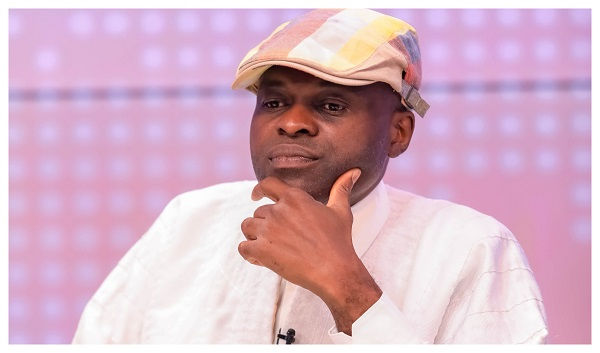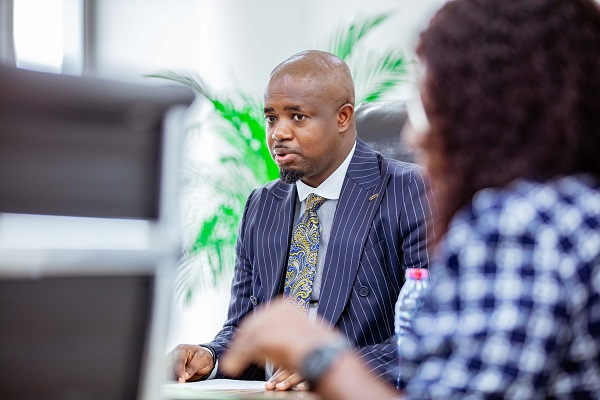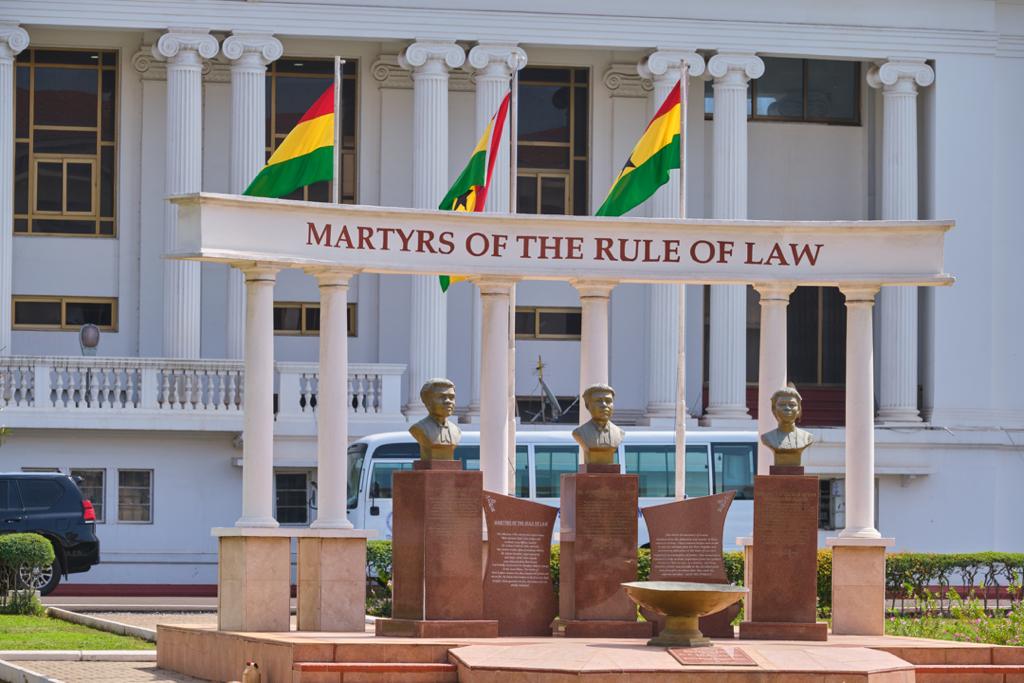Ghana Judiciary Embroiled in Chief Justice Removal Saga

Ghana is currently at the heart of a contentious debate surrounding judicial accountability and transparency, sparked by the ongoing petition for the removal of the sitting Chief Justice, Gertrude Sackey Torkornoo. The proceedings have brought to the forefront long-standing practices, particularly the use of in-camera hearings for such high-profile cases, which critics argue undermine public confidence in the justice system.
A leading voice in this debate, Lawyer Martin Kpebu, has emphatically called for an immediate end to the practice of holding in-camera hearings for petitions seeking the removal of a Chief Justice. Speaking on TV3, Kpebu argued that such secrecy is anachronistic in Ghana’s evolving democratic landscape, where transparency and accountability are paramount. He asserted that the public deserves to witness these proceedings to ensure judges are aware that their conduct is subject to public scrutiny. Kpebu drew parallels with the United States, where judicial misconduct cases, especially those involving high-ranking judges, are often handled openly, suggesting Ghana should emulate this transparency to foster greater trust and accountability.
The current controversy specifically revolves around Chief Justice Gertrude Torkornoo, who was suspended on April 22, 2025, by President John Dramani Mahama following the establishment of a prima facie case against her. A five-member committee, led by Justice Pwamang, was subsequently constituted under Article 146(6) of Ghana’s 1992 Constitution to investigate multiple allegations of misconduct. While Article 146(8) permits in-camera hearings, Justice Torkornoo has vociferously criticized the process, describing it as secretive, intimidating, and a departure from established legal traditions. She contends that the hearings, held at a high-security facility in Osu, hinder her ability to adequately defend herself and are marred by serious procedural violations. Despite mounting pressure and the nature of the proceedings, Justice Torkornoo has resolutely maintained that she will not resign, believing that doing so would legitimize what she perceives as “flawed, unknown, and opaque processes.” She has made four unsuccessful attempts to halt the process through the Supreme Court and has recently filed a judicial review at the High Court to quash the ongoing proceedings.
The proceedings have elicited strong reactions from political figures. Johnson Asiedu Nketiah, the Chairman of the National Democratic Congress (NDC), has intensified his criticism of Chief Justice Torkornoo. He dismissed her claims of intimidation and fear as mere “symbolism” and “dramatisation” intended to elicit public sympathy, urging her to engage with the legal system rather than resorting to public appeals. Nketiah has leveraged Torkornoo's own criticisms of the judiciary, despite her former leadership role, as validation for the NDC’s broader calls for judicial reform. He stressed that the judiciary must self-correct through existing constitutional frameworks to combat alleged political manipulation and prevent the erosion of public trust in judicial and electoral bodies.
Conversely, Seth Acheampong, former Eastern Regional Minister, has voiced deep concern over the removal proceedings, labeling them historically unprecedented and deeply troubling. Speaking on Channel One TV, Acheampong warned that the treatment of the Chief Justice sets a dangerous precedent for Ghana’s democratic history, emphasizing that no sitting head of the judiciary has ever been subjected to such a process. He echoed Justice Torkornoo’s assertions regarding the secretive and intimidating nature of the hearings, cautioning that these actions could have severe, haunting repercussions for the nation’s judiciary in the long term.
The ongoing events underscore a critical juncture in Ghana’s legal and political landscape, highlighting the tensions between constitutional provisions, demands for greater transparency, and the integrity of its judicial institutions.










